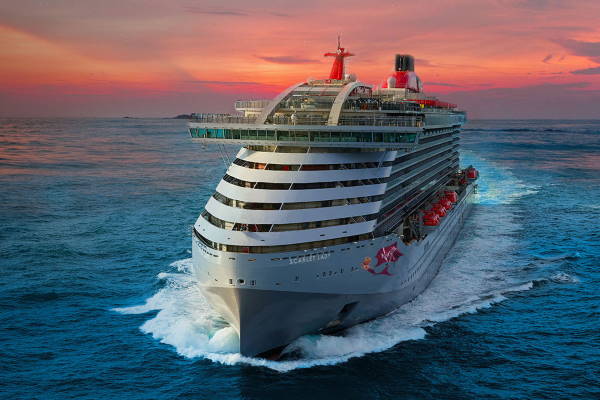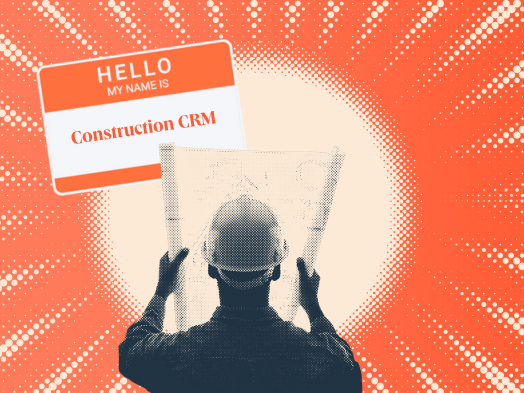Flybe Heathrow slots ‘should not go to British Airways’ argues Iata chief
Ex-BA boss Willie Walsh says slots should go to Loganair and ‘regional flying’

British Airways’ parent IAG should not benefit from the failure of Flybe by receiving the former regional carrier’s slots at Heathrow.
That is according to Iata director general Willie Walsh who is former chief executive both of BA and of the carrier’s parent International Airlines Group (IAG).
Walsh told members of the Scottish Passengers Agents Association (SPAA): “Flybe’s slots should go to Loganair.”
Speaking at the SPAA annual dinner in Glasgow on Thursday, Walsh noted Loganair chief executive Jonathan Hinkles had “made a very strong case that the Flybe slots should have gone back to the government to support regional flying activity” and not to IAG.
Walsh said: “The slots have gone back to British Airways. But I support what Hinkles says. They should go to Loganair.”
The Heathrow slots were formerly held by BMI (British Midland) and passed to Flybe in 2012 as part of the ‘remedies’ ordered by the UK competition authority for allowing BA’s acquisition of BMI.
Scottish regional carrier Loganair, based at Glasgow Airport, took over some of Flybe’s routes when the airline failed previously in March 2020.
Walsh hailed Loganair as “incredibly well managed”.
He said: “The industry has come through a terrible time. We’ve seen nothing like it before. But traffic is recovering strongly. We expect to be profitable at an industry level in 2023 and now that China has re-opened we expect a strong recovery in 2023.”
However, Walsh noted the year-long war in Ukraine has had “two big impacts”, saying: “One is the closure of Russian airspace which means it takes two to three hours longer to fly between Europe and Asia.
“The second is the oil price. In 2022, jet fuel was 81% higher in price than in 2017. There is no way this industry can absorb such a massive increase in cost.”
Walsh hit out at the UK government for its refusal to scrap Air Passenger Duty (APD) saying “It is doing economic damage to the country”.
He also called for incentives to rapidly ramp up production of Sustainable Aviation Fuels (SAF), arguing: SAF is expensive, so it’s a challenge.”

 BigThink
BigThink 
































